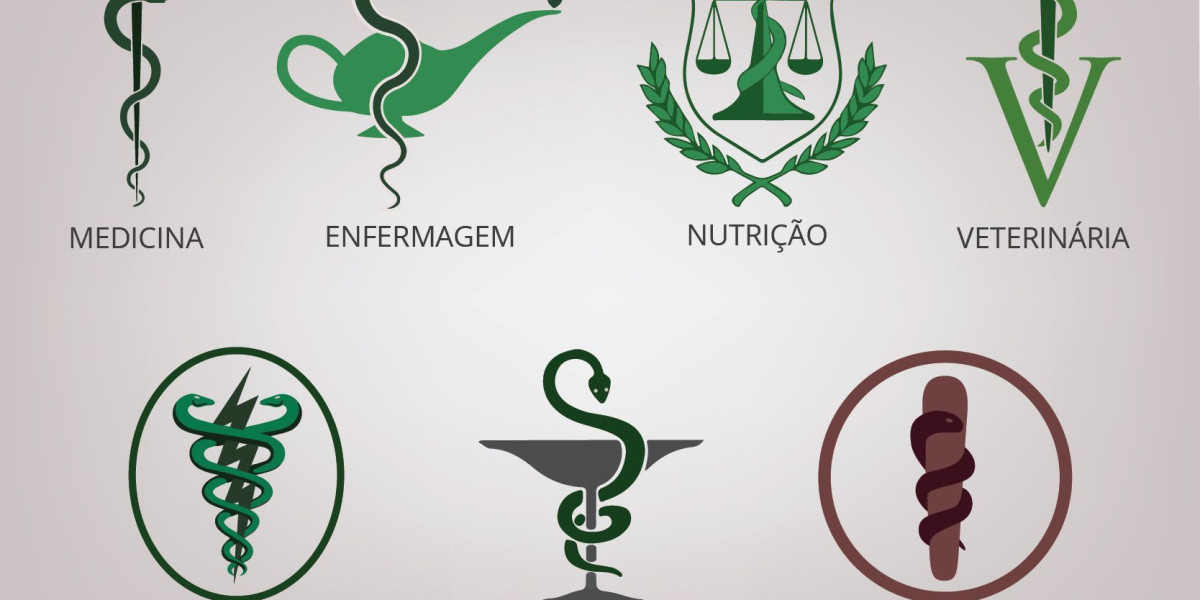 A private psychiatrist assessment could be able to assist those suffering from mental health issues. This type of assessment can provide quicker wait times than the public services and can help you get the treatment you require.
A private psychiatrist assessment could be able to assist those suffering from mental health issues. This type of assessment can provide quicker wait times than the public services and can help you get the treatment you require.You will be asked to bring your family history, treatment history, and any symptoms. The psychiatrist will also need to know about any substances that you use, and whether you've experienced any traumas.
Finding a Psychiatrist
Psychiatrists in private practice are not affiliated with the clinic or hospital setting and may have their own private practices. They may receive payments from insurance companies, but the majority of patients pay cash. Typically, they have lower expenses than other healthcare professionals and can offer more competitive rates for their services.
Those who want to become a psychiatrist in private practice must to be licensed and board-eligible. In addition, they need to establish their practice and promote their services. They can collaborate with a variety of insurance companies or concentrate on filling their schedule. They can also seek out patients directly by putting up posters in public spaces or on the internet.
A variety of I Am Psychiatry specialists have distinct areas of expertise, like child and adolescent psychotherapy or Geriatric mental health. They also offer a wider range of services such as psychotherapy and medication management. Some psychiatrists specialize on specific medical conditions, such as bipolar disorder or schizophrenia. Some psychiatrists prefer working with specific groups like veterans and the elderly.
A patient must make an appointment once they have identified a psychiatrist who is suitable for their requirements. The initial appointment should last 1-1.5 hours. The psychiatrist will inquire about the patient's history and listen to the patient's concerns. They will then make a diagnosis based on the information they've gathered. In the initial assessment, the psychiatrist will discuss the impact of the issue on the patient's life and suggest possible treatment options.
After the initial appointment, the patient will be required to meet regularly with their psychiatrist to monitor their mental health. This may involve prescription medications or psychological therapy, such as psychoanalysis or cognitive behavioral therapy. It could also include family therapy or group therapy. In some instances, a psychiatrist may be required to communicate patient information to other healthcare professionals in order to ensure that patients receive a comprehensive treatment.
Safety-net hospitals, which are often referred to as county or public hospitals, provide psychotherapy to patients who cannot afford to pay. They typically charge a sliding scale dependent on the income of a patient. Federally qualified health care centers which are also known as community health centers, can offer low-cost or even free psychiatric treatment.
Make an appointment
Private psychiatrist assessments are typically cheaper than a face-toface visit with a specialist for mental health. It is important to check the specifics of your insurance policy prior to making an appointment. Your insurance provider might not cover services that aren't deemed "medically essential" by you. Psychiatrists who accept medical insurance will post their prices on their website or call the number. Those who do not accept insurance are referred to as "out-of network providers." You may need to pay part of the total amount upfront, depending on your plan.
During your initial visit the psychiatrist will review your medical history and will ask about your symptoms. They will likely also ask about your family and friends which can affect your mood. The questions might be uncomfortable, but they are essential for a clear diagnosis. They may also discuss your alcohol or drug use.
After your first appointment, the psychiatrist will decide whether or not to prescribe medication. If they decide to prescribe medication, they will notify your GP and make arrangements for you to receive the prescription from them. They may also refer you to a therapist in the event that you need therapy as well.
You can schedule follow-up sessions if needed with your psychiatrist. Usually these sessions last for one-half hour. If they recommend therapy sessions that last longer, they will. In certain instances you may also be required to attend sessions with a group of people.
Psychiatrists are able to provide patients with a variety of medications for many conditions like depression, anxiety eating disorders, bipolar disorder, ADHD, and psychotic disorders such as schizophrenia. It is crucial to take your medication exactly as prescribed and to keep appointments.
A service like Doctor on Demand can help you find a psychiatrist. The service offers a variety of psychiatrists each with a distinct background and expertise. The initial consultation costs $299 and subsequent sessions cost $129. Psychiatrists that work for the online service will also file your insurance claims for you this is a wonderful convenience.
During the Assessment
A private psychiatrist assessment is an specific and thorough appointment than a typical consultation. The appointment will last around 90 minutes and the clinician will want to gain a deeper understanding of your mental health issues and how they are impacting your daily life. They'll likely ask you a range of questions regarding your personal background as well as your family medical history and any prior treatment you've received for mental health issues.
It might seem invasive or intrusive It's important to answer questions honestly. This will allow your doctor to give you an accurate diagnosis that is tailored to your needs. They'll also inquire about any trauma or stressful events that you have experienced in your life, and how they are impacting your life. They'll also want know about your medication use and any issues with substance abuse you have had.
In addition to the information you provide them They will likely organize blood tests and other medical exams. They may arrange for these tests through your GP or even suggest that you pay privately. If they believe it's essential, they could refer you to a mental health professional or psychologist for further treatment and research.
Psychiatrists are the most common people who perform psychiatric assessments however, psychologists and nurses are also able to perform assessments. It is recommended to speak with psychiatrists, since they are experts in mental health issues and can provide you with the most effective treatment.
Avoid drinking or using drugs prior to your exam because they can impact your judgement and cognitive abilities. To ensure that your body is well rested, it is important to rest enough and take regular breaks. This will help you to feel more at ease and allow you to have a more enjoyable assessment experience.
After completing your psychiatric examination, your psychiatrist will work with to develop a treatment program that is effective for you. You might need to keep up with your appointments, or just do the occasional follow-up.
After the Evaluation
If you've been struggling with mental health issues, such as ADHD or anxiety, you could get an assessment by a psychiatrist privately. Before you book an appointment, keep a few things in mind. For starters you'll need an appointment from your doctor to visit an expert. This is especially crucial when you're planning to use your medical insurance coverage. If you do not have private insurance, you can also look into the availability of community mental health services in your region.
The psychiatrist will take into consideration your current symptoms and your past treatment history when you visit for your psychiatric evaluation. They will ask you to elaborate on the events that have occurred and any trauma-related experiences. They will also ask you about your family's background to better comprehend any issues that affect your family.
You may also be asked to undergo a variety of psychiatric exams. These tests will vary depending on your particular situation, but could include urine and blood testing to test your levels of electrolytes, vitamins and hormones. These tests will aid the psychiatrist in determining the cause of your symptoms. They'll also look into whether you've had a prior history of substance abuse or if you're taking any prescription medications.
During the interview the psychiatrist will pay close attention to the words you speak and your body language. This is the most important part of the process, since it helps them determine your mental state and determine what kind of assessment you require. If the psychiatric examination indicates that you need additional treatment, they'll suggest therapy.
 If you're struggling with mental health issues, you can contact Dr Adrian Winbow or Prof Tony Hale at Iam Psychiatry for a private psychotherapy assessment. You can make an appointment at a time that is convenient for you. You will receive a full report of your appointment which will likely include an assessment and appropriate recommendations. The service will send a copy of your report to your GP. This is an extensive psychiatric assessment service with a focus on delivering rapid and high-quality outcomes.
If you're struggling with mental health issues, you can contact Dr Adrian Winbow or Prof Tony Hale at Iam Psychiatry for a private psychotherapy assessment. You can make an appointment at a time that is convenient for you. You will receive a full report of your appointment which will likely include an assessment and appropriate recommendations. The service will send a copy of your report to your GP. This is an extensive psychiatric assessment service with a focus on delivering rapid and high-quality outcomes.




